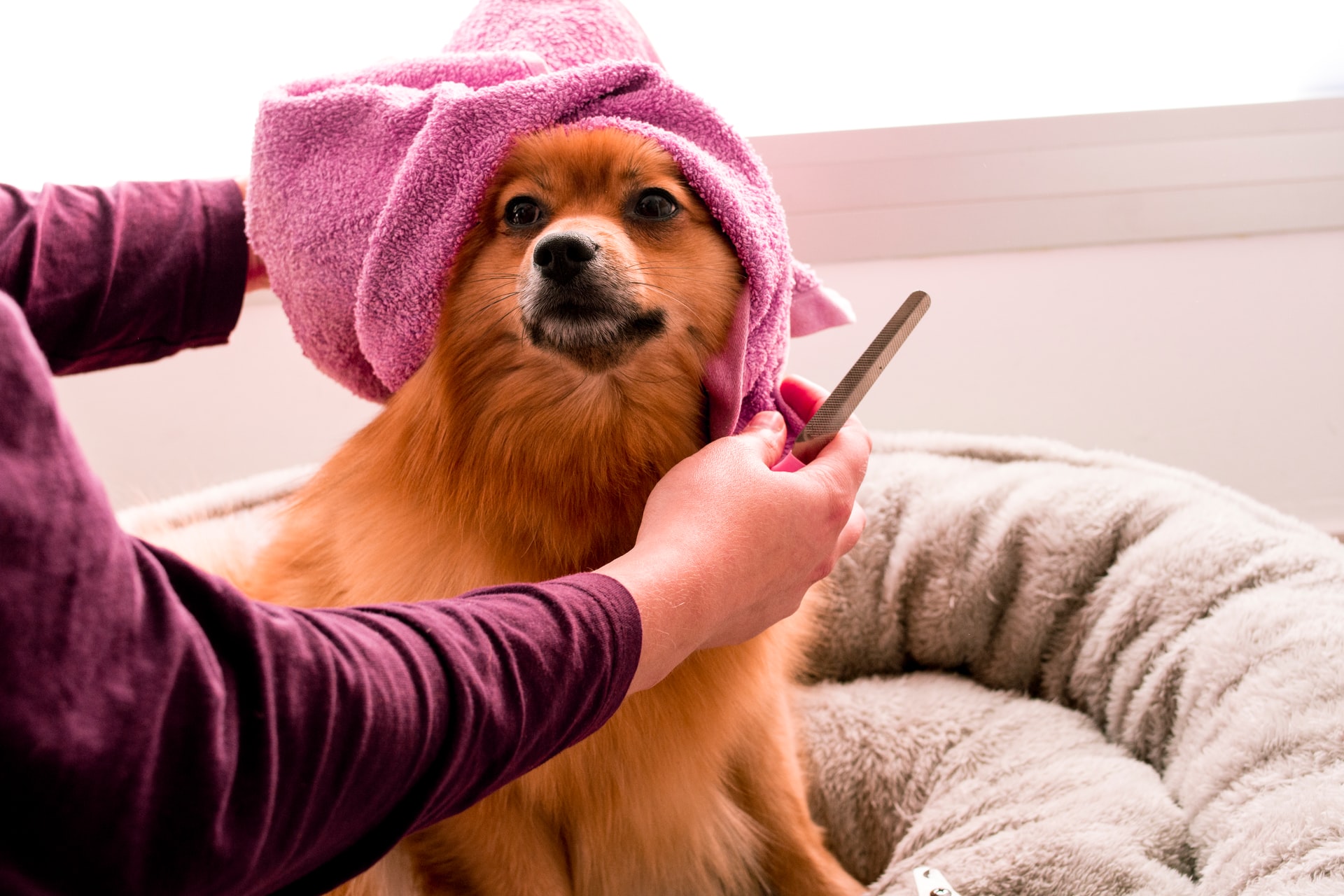
Dogs are just like children, and that’s the most important thing to remember about your furry friend (because you should always be prepared for their next move). Pay them a lot of attention and, most of all, love them. If you treat your dog like a child, they’ll be calm in situations they’re not used to because they’ll know you’re in charge. Here are some ways to get ready for the most common issues.
Feeding
Make sure you only give your dog high-quality dog food. It will help your dog become the best dog he can be, and if he doesn’t get the right nutrients, it can also be terrible for his health. At least once a day, your dog’s food should be put in a bowl and always within reach. It’s important not to leave your dog’s food out because pets are sometimes drawn to trash and can get sick if they eat something they shouldn’t.
Mix the dog food with water or warm milk before giving it to him to help him digest it better.
Water
Dogs, particularly puppies, need a lot of water. Puppies should always have access to clean drinking water, and adults should do the same at least once a day. Try adding some chicken broth or beef stock to your dog’s water dish if you find he or she isn’t drinking enough. Dog fountains are another option for encouraging your dog to drink more often.
Exercise
Dogs need exercise just like humans do, and without it, they can become obese and unhealthy quickly. To wear out most dogs, you may play a game of fetch in the park, but it may be necessary to exert more effort if your dog is an active breed. Breeds like Border Collies and Australian Shepherds were bred for herding and working all day long, so they require much more exercise than the average dog. If possible, take your dog on a run or hike with you every day, or invest in some interactive toys like the Kong Classic Dog Toy, which will keep him entertained and burning off energy even when you’re not there.
Training
All dogs should be trained from a young age in basic obedience commands such as sit, stay, come, down, etc. Not only is this good for their overall behavior, but it can also be incredibly helpful in emergency situations where you need your dog to listen to you immediately. Besides obedience training, many people also choose to train their dogs in tricks or agility courses for fun competition events – though this is certainly not required!
Shelter
One of the most important things you can do for your dog is to provide him with a safe, comfortable place to call his own. This could be a crate, doghouse, or even just a designated spot in your home where they may sleep and relax. Dogs need their own space just like humans do, and it should be large enough for them to stand up and turn around in easily. It should also be placed in an area of your home that is not too loud or busy so that they can rest peacefully.
Proper nutrition
To live long and happily, dogs require a healthy, balanced diet. Human and canine diets vary. Dogs need more protein than humans. Protein is necessary for mending muscles after exercise, and their bodies are made for labour. Ensure your dog’s commercial food provides 18% protein (more for working dogs). Cooked meat or fish may enhance their diet, but too much fat might induce pancreatitis.
Dogs require fewer carbs than humans. In the wild, they ate large meat with some vegetables, so their stomachs can’t digest carbohydrates. Too many carbohydrates may cause weight gain and diseases like diabetes. In your dog’s diet, aim for 30% carbs (compared to the 45-65 percent recommended for humans). All dogs require fat for energy and nourishment, but too much may cause pancreatitis or other health issues. Look for diets with 10 percent fat (compared to 20-35 percent suggested for humans), or supplement with Omega-3 fatty acids, which help both people and dogs.
Veterinary care
While it’s crucial to care for your dog at home, they may require expert help. Having a solid connection with a veterinarian is vital to keeping your dog healthy and happy. Always study vets before picking one. Read online reviews and visit the clinic to get a feel for it. Schedule consultations with each viable choice so you may ask questions and meet the personnel. Make sure the vet you pick is familiar with the sort of dog you have; some may not be as experienced with specific breeds or sizes, which might affect their treatment.
Once you’ve found a decent vet, keep up-to-date on vaccines and preventative care measures like heartworm testing and tick/flea/wormer treatments. Most of these things are easy and affordable to perform annually or semiannually to keep your dog healthy. Though your dog becomes unwell or wounded, take him in for treatment – even if it costs more upfront, it will be worth it to ensure he recovers fast.


